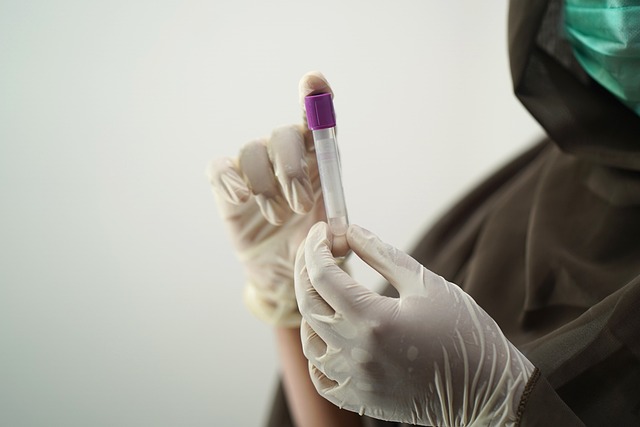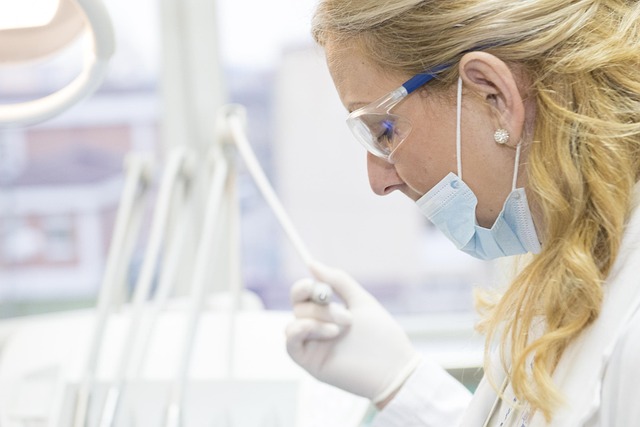The realm of medicine is rapidly evolving, with technological advancements that promise to redefine diagnostics as we know them. At the forefront of this transformation is the extraordinary field of DNA sequencing. This powerful tool not only unravels the complexities of genetic material but also holds the potential to revolutionize how we diagnose and treat diseases.
DNA sequencing allows us to decode the genetic blueprint of living organisms, providing invaluable insights into our health and predispositions to various conditions. Imagine a world where a simple test could elucidate the mysteries hidden within our genes. This is not just a futuristic vision—it is fast becoming a reality.
As healthcare professionals and researchers harness the power of DNA sequencing, they are discovering new paths to precision medicine. By analyzing an individual’s genetic makeup, doctors can tailor treatments that are specifically designed to target the unique characteristics of a patient’s illness. This personalized approach can lead not only to more effective treatments but also to reduced side effects and improved patient outcomes.
The implications of DNA sequencing extend far beyond personalized medicine. In diagnostics, it plays a critical role in identifying genetic disorders, infectious diseases, and even certain types of cancers at incredibly early stages. Early detection is key in many cases, and with the ability to sequence DNA, health professionals can diagnose conditions that were once difficult or impossible to identify until much later in their progression.
Moreover, DNA sequencing facilitates a deeper understanding of the dynamics of various diseases. By studying the genetic variations among populations, researchers can identify potential risk factors, unravel the mechanisms of disease progression, and develop targeted prevention strategies. This capability not only enhances individual patient care but also contributes to the overall improvement of public health.
In addition to its direct applications in diagnostics, DNA sequencing is also reshaping our approach to research and education in the healthcare field. As more professionals become proficient in sequencing technologies, the knowledge gained will further propel innovations in treatment options and diagnostic tools. There is a growing need for skilled workers who can navigate the intricacies of genetic data, and educational initiatives are evolving to meet this demand.
As we stand on the brink of a new era in diagnostics, the potential of DNA sequencing is both thrilling and reassuring. For patients, it offers hope in the form of tailored treatments and early diagnoses. For healthcare providers and researchers, it opens a treasure trove of information that can enhance our understanding of health and disease. The future of medicine is here, and it is intricately linked to the sequencing of our very DNA.




